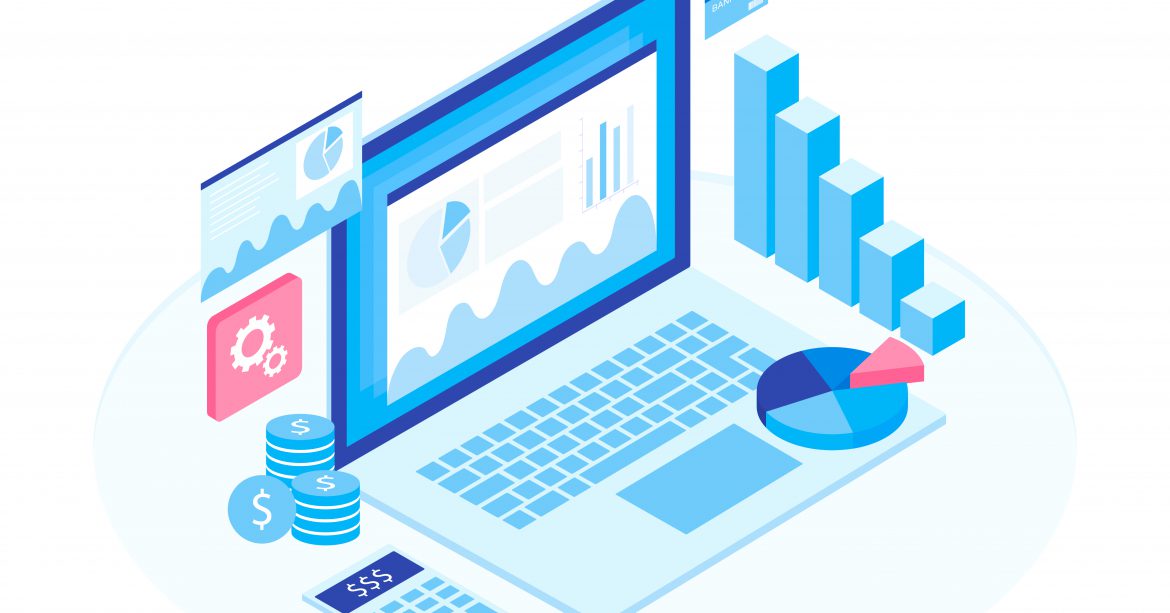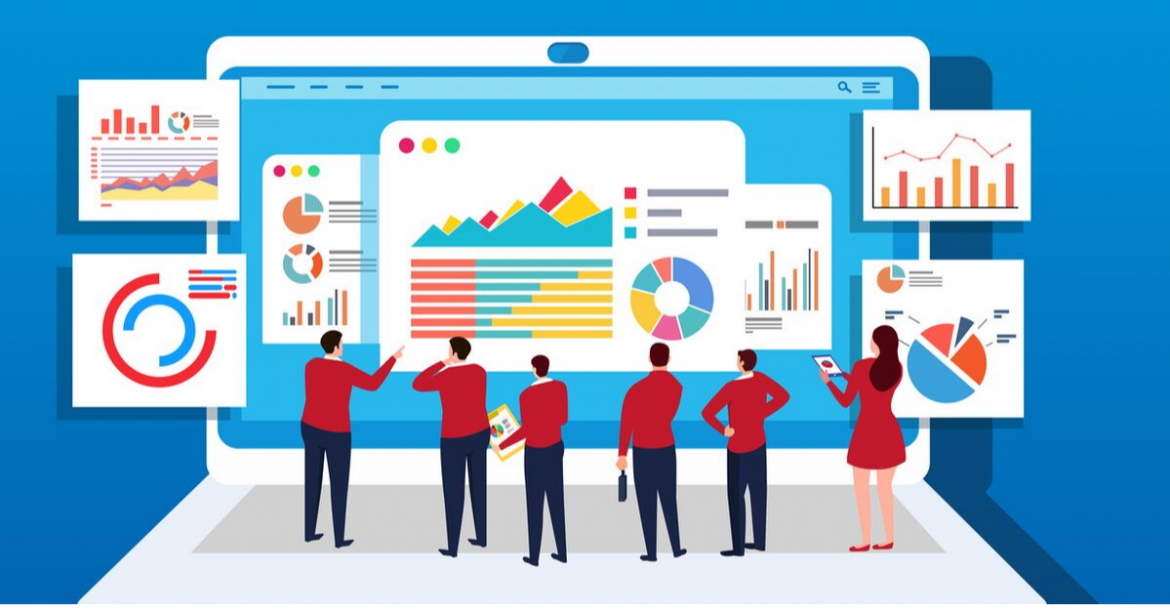Why Marketing Isn’t For Everyone
With marketing budgets among companies rising and the global marketing environment becoming harder to create differentiation, the basic marketing tools we once used are no longer adequate. Increasing companies are splashing aimless content through marketing channels in an attempt to attract ...
The Need For A Data-driven Marketing Strategies In 2022
In 2021, marketers have access to more data about their consumers and using these insights can drive successful results for a business. For many businesses, it has required an update in the re-modelling of their obsolete marketing processes.
Why You Need The Help Of Marketing Strategy Technology
Because technology is the answer to coping with the future. Following the current trajectory of the world’s events, I think it’s safe to say that technology is at the forefront of managing the ‘new normal’. Today, there is mounting pressure on businesses to adapt quickly in order to stay ...
How Big Data Can Lead To A Better Marketing Strategy
Big data refers to extremely large and intricate data sets that require complex systems to extract information from them. Millions, if not trillions of data records are stored in these sets, potentially amounting upwards of 1024 terabytes. These records can be accumulated from a diverse range ...
The Role of Big Data in the World of Marketing
A friend of mine once said, “Instagram and Google can read my mind!”. While this was said in a satirical tone, he did make a very good point. At some stage in our life, we’ve wondered on how the internet knows all about our favourite brands. How on earth do marketers always send us emails […]







